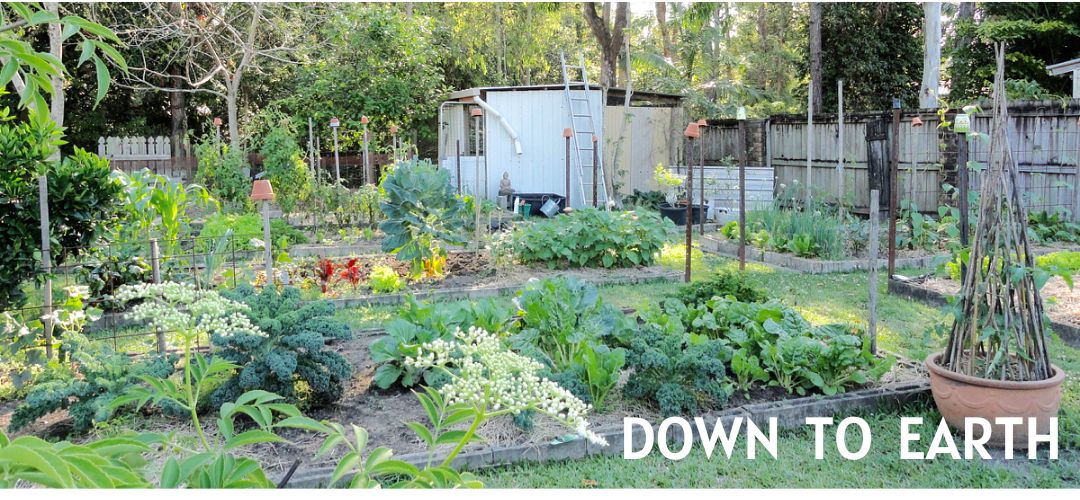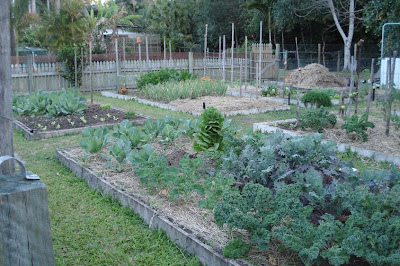This is the second in the series of readers questions. Today, companion planting and natural insect control, and another lady wanted anything to do with gardening; so two birds, one stone. ;- )
I have to be honest and tell you that I'm not a real believer in the repellent kind of companion planting. I think that a few plants benefit being planted together, but in my experience it's not many. However, I am a big fan of flowers in the vegetable garden that help attract the right kind of insects. That kind of companion planting works very well.
Here is a list of companion plants. The repellent plants I think work well in the garden are marigolds, wormwood and nasturtiums. Marigolds help rid the garden of nematodes, and nasturtiums or wormwood are good planted close to the cabbage family as they attract the white cabbage moth away from the plants.
There are a lot of flowers that will serve you well in the vegie patch. Of course you need bees and other pollinating insects if you're growing flowing vegetables like tomatoes, beans, pumpkins and potatoes. Bees are attracted by most flowers because they collect nectar to make honey and pollen to feed to the larvae. Going from flower to flower to collect as much as they can before going back to the hive, they take pollen from one plant to the next and help with plant fertilisation as they go. Flowering plants are a must in a vegetable patch. Some of the best include: allysium, red clover, Queen Anne's lace, cosmos, coriander, parsley flowers, dill, small daisies and lucerne.
There are plenty of other good insects you'll want in your garden, like lady beetles, lace wings and hoverflies. Beneficial garden insects are listed here. And yes, it lists spiders and some wasps as being good bugs. If you're afraid of spiders and stinging insects, I encourage you to sit in the garden one day when it's sunny and just watch the insects at work. They won't take much notice of you but you'll see them working away for their own benefit, and for yours. If you don't try to kill them or catch them, they'll stay out of your way. They're part of the natural environment you're trying to reconnect with out in the garden, so work with them, not against them.
Here is an excellent site containing information about organic pest control with some recipes for natural garden sprays.
But there is no replacement for the time honoured tasks of weeding and observation. If you weed out all the places some insects use to hide and overwinter, you'll get rid of a big problem. And going into the garden to look at your plants as often as possible will show you straight away if there are caterpillars chewing on leaves or tiny black spots that indicate insect activity. If you can get into the habit of looking, and picking off the bad bugs you find, you'll be on your way towards a healthy organic garden.





